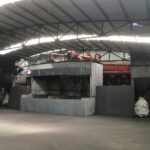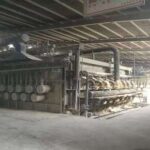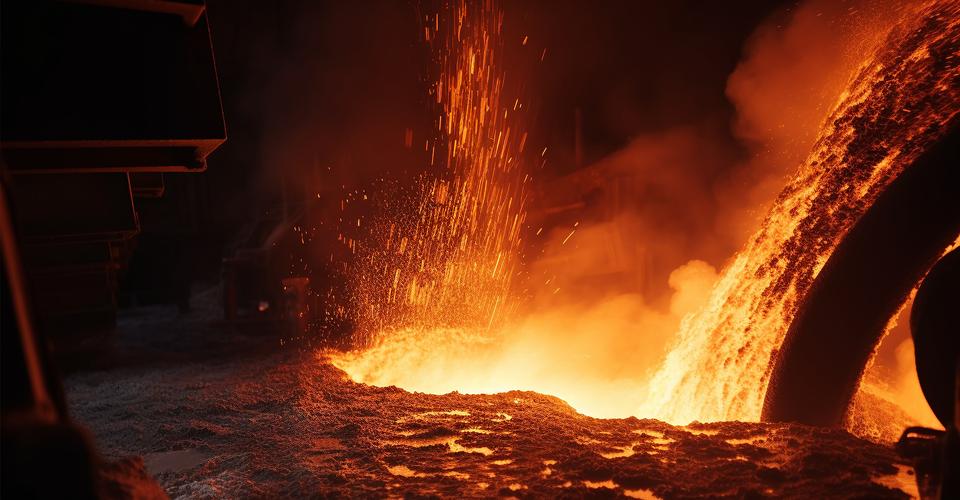
Introduction
Petroleum coke, a carbon-rich by-product of oil refining, has become a critical material in the steel industry. Its unique properties, such as high carbon content and calorific value, make it an indispensable resource in steel production. This article explores the various applications of petroleum coke in steel plants, its advantages, challenges, and the future outlook for its use in the industry.
1. What is Petroleum Coke?
Petroleum coke, or petcoke, is a solid carbon material derived from the oil refining process. It is produced through the thermal decomposition of heavy petroleum residues. There are two main types of petroleum coke:
Fuel-grade petcoke: Used primarily as a fuel due to its high energy content.
Calcined petcoke: Processed to remove volatile components, making it suitable for use as a carbon additive in industrial applications, including steel production.
2. Applications of Petroleum Coke in Steel Plants
Petroleum coke is widely used in steel plants for its versatility and cost-effectiveness. Below are the key applications:
2.1. Fuel in Blast Furnaces
Petroleum coke is used as a fuel in blast furnaces, where it provides the high temperatures required for iron ore reduction. Its high calorific value ensures efficient combustion, making it an excellent alternative to traditional fuels like coal.
2.2. Carbon Additive in Steelmaking
In electric arc furnaces (EAF) and basic oxygen furnaces (BOF), calcined petroleum coke is added as a carbon source. It helps adjust the carbon content of steel, improving its strength, durability, and overall quality. The low impurity levels in calcined petcoke make it a preferred choice over other carbon additives.
2.3. Recarburizer in Foundries
Petroleum coke is also used as a recarburizer in foundries. It is added to molten iron to increase the carbon content, ensuring the final steel product meets specific mechanical and chemical properties.
2.4. Anode Production for Aluminum Smelting
- While not directly related to steel production, petroleum coke is also used to produce anodes for aluminum smelting, which is often integrated into steel plants that produce aluminum-coated steel products.
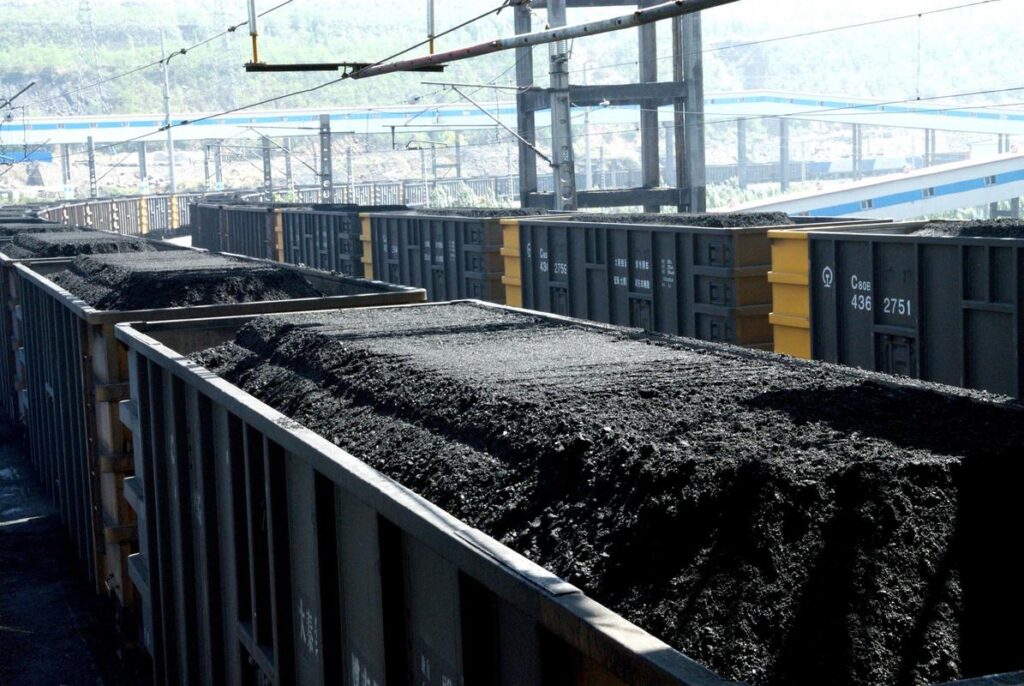
3. Benefits of Using Petroleum Coke in Steel Plants
3.1. Cost-Effectiveness
Petroleum coke is more economical compared to other fuels and carbon sources. Its availability as a by-product of oil refining ensures a stable supply, reducing production costs for steel plants.
3.2. High Energy Content
With a calorific value higher than coal, petroleum coke provides efficient energy release during combustion, making it ideal for high-temperature processes like steelmaking.
3.3. Low Moisture and Volatile Matter
Calcined petroleum coke has low moisture and volatile matter, making it a reliable and consistent carbon source for steel production.
3.4. Reduced Dependency on Coal
By using petroleum coke, steel plants can reduce their reliance on coal, diversifying their energy sources and improving operational flexibility.
4. Challenges and Solutions
4.1. Environmental Concerns
The combustion of petroleum coke releases sulfur oxides (SOx) and particulate matter, contributing to air pollution. To address this, steel plants are adopting advanced emission control technologies, such as flue gas desulfurization (FGD) systems and electrostatic precipitators.
4.2. Handling and Storage Issues
Petroleum coke is a dusty material, which can pose challenges in handling and storage. Steel plants are implementing enclosed storage facilities and automated handling systems to minimize dust emissions and ensure worker safety.
4.3. Quality Variability
The quality of petroleum coke can vary depending on the source and refining process. Steel plants are addressing this by working closely with suppliers to ensure consistent quality and by implementing rigorous quality control measures.
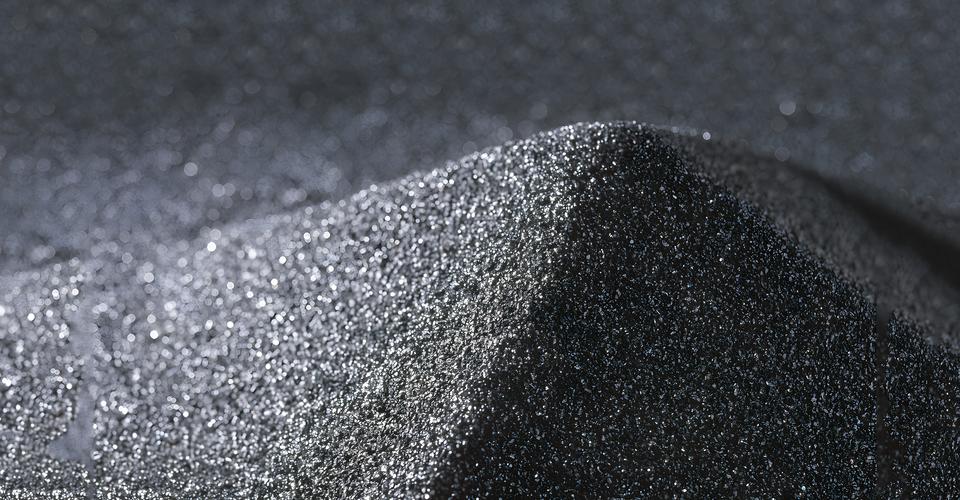
5. Future Trends in Petroleum Coke Usage
5.1. Increased Demand for Calcined Petroleum Coke
As the steel industry continues to demand high-quality carbon additives, the use of calcined petroleum coke is expected to grow. Its superior properties make it ideal for producing high-grade steel.
5.2. Integration with Green Technologies
Steel plants are increasingly exploring ways to integrate petroleum coke with green technologies, such as carbon capture and storage (CCS), to reduce their carbon footprint and meet environmental regulations.
5.3. Development of Low-Sulfur Petroleum Coke
Refineries are working on producing low-sulfur petroleum coke to address environmental concerns. This development is expected to make petcoke even more attractive to steel plants.
Conclusion
Petroleum coke plays a vital role in the steel industry, offering a cost-effective and efficient solution for fuel and carbon addition. Despite challenges related to environmental impact and handling, advancements in technology and sustainable practices are paving the way for its continued use. As the steel industry evolves, petroleum coke will remain a key component in steel production, contributing to the development of high-quality steel while addressing environmental concerns.



